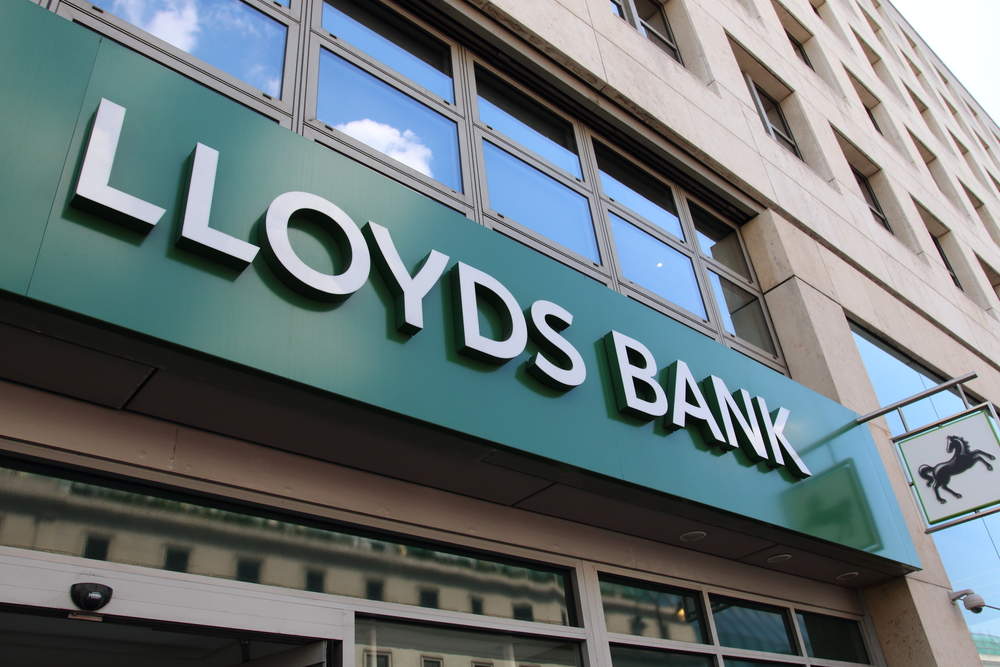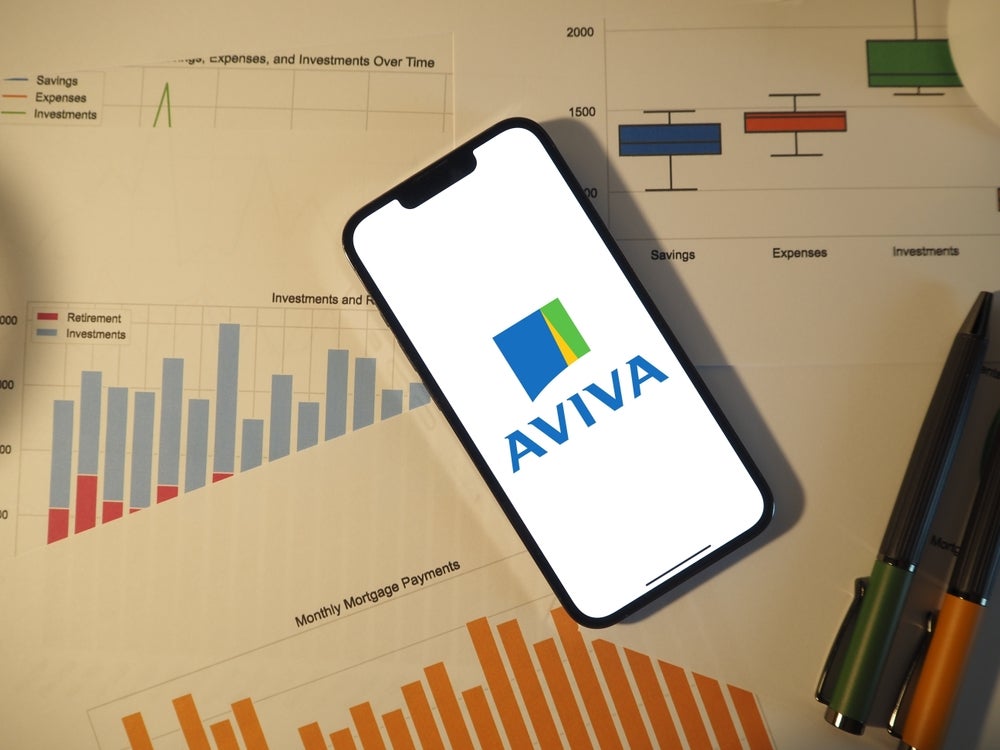
What is an environmental or social good outcome from an investment? Wealth managers have found their clients rarely agree on what constitutes as ‘good’. The solution: personalised ESG investments. David Craik looks at the options on the table.
In the January snow at Davos, UBS warned that the globe is struggling to hold back a blizzard of environmental and sustainability challenges because of the lack of private funding.
It said the UN’s Sustainability Development Goals (SDGs) – addressing challenges such as poverty and climate change – would not be reached until more people were aware of them and sustainability was easier to understand.
This may have surprised keen viewers of ESG stocks and funds given their recent growth.
According to a recent PwC report, 91% of investors said they have an ESG or sustainable development policy in place or in development, up from 80% five years ago.
The interest is coming from both the largest institutions and the smallest millennial retail saver. “They are increasingly concerned with ensuring that their investments across different asset classes have smaller environmental footprints,” says Dr. Ben Caldecott director of the Oxford Sustainable Finance Programme.
How well do you really know your competitors?
Access the most comprehensive Company Profiles on the market, powered by GlobalData. Save hours of research. Gain competitive edge.

Thank you!
Your download email will arrive shortly
Not ready to buy yet? Download a free sample
We are confident about the unique quality of our Company Profiles. However, we want you to make the most beneficial decision for your business, so we offer a free sample that you can download by submitting the below form
By GlobalDataPaul Hewitt, regional sales director at ESG research group Vigeo Eiris says there is also a huge human push behind the growth. “The UN’s SDGs have created a global framework of reference on ESG. It has promoted a new way of thinking about ESG investment and what might interest an individual,” he states. “It allies with a general increase in individuality in society and how people consume things. That ranges from tailored suits to personalised gizmos in cars and investment.”
Indeed, this was the primary theme raised by UBS at Davos. It argued that ESG investing needs to be made more personalised.
Rise of the personalised ESG
UBS announced a three-month pilot programme – which began in February – looking to align ESG investments with personal sustainability interests.
“Clients are often unsure about what is and isn’t sustainable,” says James Purcell, head of sustainable & impact investments at UBS Global Wealth Management. “There are many different sustainable criteria in the market which would define company X as sustainable and company Y as not, or vice versa.
“But sustainability is not black and white because certain companies will generally do some things well and other things not so well. So, a company can exhibit strong governance but may have poor labour practices or climate records. Some investors struggle to connect with ESG because of this.”
He argues that most ESG funds do not take personal opinions into account.
“Take electric car companies. Deciding whether they are sustainable depends on what dimensions of sustainability you are considering,” Purcell adds. “If you are particularly interested in climate change then your answer is yes because it is helping to move away from combustion engines. But if you are more concerned about pollution you may view cobalt mining to produce the electric batteries as not sustainable.”

Scoring Sustainability
In order to reflect personal preferences, UBS is providing investors with more granular data on the ESG strengths of stocks and funds.
It has combined information from third-party sustainable data providers to produce a ‘multi-sourced’ database and used that to score around 10,000 instruments across equities and bonds.
Its fund analysts have done the same across a ‘few hundred’ funds using techniques such as interviews, data analysis and questionnaires. It has reduced reliance on third-party views and screening.
“We have asked our fund analysts to look at the processes and motivations of fund managers. For example, why does a fund manager hold a company, and does that company have a high sustainability risk on water and how could that change over time?” Purcell explains.
The equities, bonds, and funds have been rated against seven sustainability areas including climate change, water, corporate governance and pollution/waste.
Investors have been asked to rate their preference for these factors in order to create a personalized sustainability score.
This is then compared with the newly rated stocks and bonds to determine the best match.
UBS’s rivals
UBS is not the only group allowing ESG investors to make more targeted choices.
Smith & Williamson says it has always offered its larger clients the opportunity to define their own ESG and ethical areas of interest. “It is such a broad area with so many variables that I fully understand why clients might want to focus more on areas that particularly interest them,” says Nick Murphy, partner and head of charities at Smith & Williamson. “Implementation of personalisation depends on finding suitable investments at the right price. It’s never easy, especially now as demand in this area has improved markedly.”
He agrees with Purcell that ESG definitions can cause confusion. “There is a whole language issue that needs to be addressed. The meanings behind responsible, sustainable, ESG and impact seem to be interpreted in many ways making it difficult to work out what people mean and what they are actually doing,” he adds.
Lombard Odier Private Bank has focused on improving awareness and the transparency of ESG investing.
Chief investment officer Stephane Monier explains that it has an analytical framework called CAR – standing for Consciousness, Actions, Results – for the listed companies it covers.
“This rates their behaviour towards the environment, social objectives and their governance. It gives us not aggregated but granular data,” he explains. “For us it is very important to invest in a company who acts on this and gets results. We can decide on the firms who are talkers, doers and achievers.”
Lombard gives a score to companies according to how, for example, they manage their staff, interact with their suppliers or control their direct emissions. It also measures the real impact a business has on the environment or society.
“We talk to our clients about their ESG beliefs,” Monier adds. “This means that using our data and scores we can provide our investors with personalised sustainability solutions. They fit the clients needs and preferences.”
Hewitt says this can be tricky to get right. “One of the criticisms of the SDGs is the difficulty of relating these with practical day to day progress measurements,” he says. “You can measure a healthcare firm’s revenues, the number of people they have treated or trained but determining what percentage of progress they have made in ESG targets is more difficult.
“Investors want to know what difference their money has helped create so investment providers need to make sure their narrative is clear and transparent without disappointing them. They could show trends at company and portfolio level and give their clients benchmarks to judge against.
“Say an investment manager is running a portfolio managing energy transition. He or she might be criticised for having an oil company in there which is trying to move towards renewable energy,” he says. “Some investors may say, ‘yes we need to engage with them’ whilst others will say ‘no way’ to an oil stock. They not disagreeing about the overall objective but about the strategy.
Hewitt says investor communications are vital in this instance: “That’s where the investment managers’ communications really come into play. They need to make sure they are absolutely clear on how the strategy works so the client doesn’t expect one thing but sees another.”

Will personalised ESGs grow?
Murphy says the European MiFID II extension making it compulsory to ask all investors for their ESG preferences may have a small impact.
“It seems to be written with large pension schemes and funds in mind rather than discretionary investment managers so the language and thus the precise intent isn’t very clear,” he states. “However, I suspect that the sheer scale of this task and the short time horizon for implementation would swamp the personalised approach for most firms – ESG light and ESG heavy might be the best most could come up with as a choice for smaller clients. A skew towards companies with higher ESG ratings could be an example of a light version. In short, I suspect the personalised approach will remain a niche.”
However, Caldecott is more optimistic. He believes products for retail investors will become increasingly sophisticated in how they account for the sustainability preferences of individuals.
“Part of this future will involve highly customisable and personalised ETFs that can dynamically adjust to changing preferences given risk appetite and other constraints, all done via an app,” he says.







